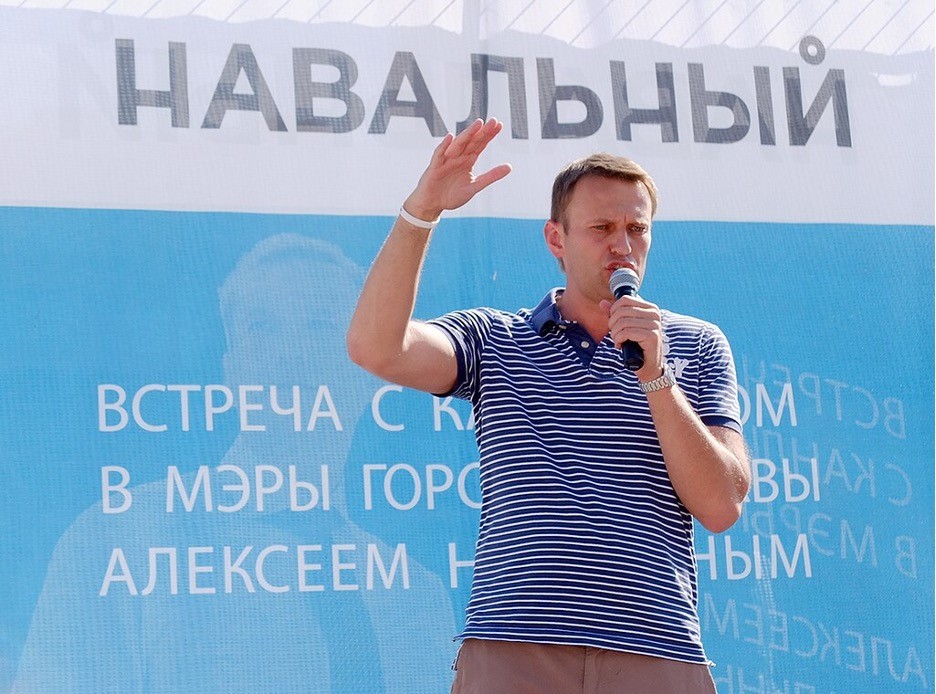By Shyrose Aujla

On December 7, 2020, the General Affairs Council of the European Union adopted the EU Global Human Rights Sanctions Regime (EUGHRSR), also referred to by some as the European Magnitsky Act, allowing the EU to impose targeted sanctions against individuals, entities and bodies that are involved in serious human rights violations and abuses worldwide. The framework for targeted restrictive measures applies to acts outlined under Article 2 of the Regulation, such as genocide, crimes against humanity. Other serious human rights violations or abuses are listed under Article 2(c) of the Regulation, and include torture, slavery, extrajudicial killings, arbitrary arrests, or detentions. Article 2(d) lists ‘other’ human rights violations or abuses that can also fall under the scope of the sanctions regime where those violations or abuses are widespread, systematic or are otherwise of serious concern as regards the objectives of the EU Common Foreign and Security Policy.
The Act targets both state and non-state actors and allows the enforcement of travel bans against human rights violators and their associates to prevent them from entering EU countries. In addition, individuals, entities, and bodies can become subject to asset freezes and a prohibition can be placed on entities from making economic resources available to them.
The EUGHRSR underscores the EU’s determination to enhance its role in addressing serious human rights violations and abuses worldwide. The new legislation was adopted after years of discussion on the need to impose sanctions on human rights violators from non-EU countries. The practical impact of sanctions under this Act are crucial, as some human rights abusers likely travel to EU countries and conduct business in European markets.
It has been approximately eleven months since the EU Magnitsky Act was adopted, and as of March 2021, sanctions have been applied against several individuals and entities from China, Eritrea, Libya, North Korea, South Sudan, as well as Russia.
The EU’s first sanctions under this new regime, coordinated with the US, added four Russian officials to the Consolidated List for serious human rights violations. The measures came after US intelligence found that Russian security services used a Soviet-developed nerve agent to poison Russian opposition leader, Alexei Navalny while in prison. US Treasury secretary, Janet Yellen, explained when announcing the sanctions against Russian officials, “The Kremlin’s use of chemical weapons to silence a political opponent and intimidate others demonstrates its flagrant disregard for international norms”.
This was an interesting move, following a press conference where Josep Borrell, the EU’s high representative for foreign affairs was ridiculed by his Russian counterpart, Sergei Lavrov, who called the EU an ‘unreliable partner’ and accused European leaders of lying about Navalny’s poisoning.
According to the Regulation documents and Council Decisions, the four Russian officials were found guilty of serious human rights violations in Russia, including arbitrary arrest and detention, as well as the widespread and systematic repression of the rights to peaceful assembly and association, and the rights to freedom of opinion and expression.
The EU Council also imposed restrictive measures on eleven individuals and four entities responsible for serious human rights violations of Uyghurs Muslims in Xinjiang, China, where UN experts report at least 1 million Muslims are being arbitrarily detained in camps. The Council found these individuals were responsible for large-scale arbitrary detentions and degrading treatment of Uyghurs and other Muslim minorities, mass surveillance, violations of freedom of religion or belief, separation of families, forced labour, sexual violence and violations of reproductive rights. EU imposed travel bans against these individuals and their assets in EU were frozen. Although China has continuously denied the allegations, EU sanctions on these Chinese individuals remain strong, even in the face of concurrent investment agreements.
While the EU did not hesitate to put their version of the Magnitsky Act to use, many, including the European Parliament believe the legislation is incomplete. According to a resolution issued by the European Parliament, acts of systemic corruption have a devastating impact on the state of human rights, undermining institutions and the rule of law.
The EU Parliament called for the EU and its Member States to adopt similar provisions as the US Global Magnitsky Act or the Canadian Justice for Victims of Corrupt Foreign Officials Act (JVCFOA), advocating for an EU-specific anti-corruption sanctions regime to supplement the EUGHR. The definition of significant corruption is defined under Section 3(a) of the US Global Magnitsky Act and Section 4(2)(c) of the Canadian JVCFOA .
Although the European Magnitsky Act does not allow for sanctions based on corruption, several legislative initiatives have been introduced in recent years to combat corruption in other ways. In May 2018, for example, the European Commission published a legislative proposal to establish an EU anti-fraud programme. The programme is based on Article 325 of the Treaty on the Functioning of the European Union, which obliges EU member states and the EU itself to protect the Union’s financial interests and to counter fraud, corruption and other illegal activities. Only time will tell if EU officials decide to incorporate corruption provisions into the EUGHRSR regime, in line with the US, Canada, and the UK.
Perhaps most importantly, the EU’s adoption of a Magnitsky Act further encourages other countries, including EU allies, to pass similar legislation. Given the EU’s strong start in imposing important sanctions within the first nine months of the European Magnitsky Act, we hope to see other nations compelled to act against corruption and human rights violations. Are Australia and Japan ready to step up to the plate?
Shyrose Aujla is a 2L student at the Peter A. Allard School of Law and is working with the IJHR Clinic with the Magnitsky Team.